Confessions of a hand-tool woodworker
If you care more about how a thing is made than how quickly you can make it; if you enjoy the feeling of getting the blood flowing through some good labor; if you enjoy knowing that you can tackle anything thrown your way with just a handful of tools, you might just be a hand-tool woodworker.

If you care more about how a thing is made than how quickly you can make it; if you enjoy the feeling of getting the blood flowing through some good labor; if you enjoy knowing that you can tackle anything thrown your way with just a handful of tools, you might just be a hand-tool woodworker.
I have no interest in puffy-sleeved anachronism.
Although I am a die-hard hand-tool woodworker, I don’t secretly wish to work for a living history museum—you know, the kind of place we bring our grandkids to show them how it was done in the “olde days.” While I appreciate the educational value of historical interpretation, I don’t need the buckle shoes or tricorn hat to feel fulfilled at the bench. Make no mistake, I am grateful to live in the 21st century.
So, my attraction to hand tools is not founded upon a nostalgia for some golden period of craft purity, but instead, it’s bound up with the freedom they offer. Machinery is expensive, immobile, and limited in usefulness. An ax, on the other hand, can be carried over the shoulder and employed in all manner of applications: felling a tree, squaring a timber, trimming a board, or carving a spoon. Having a handful of human-powered edge tools gives an artisan the adaptability to tackle anything thrown their way. As Japanese philosopher and art critic Soetsu Yanagi said, “Man is most free when his tools are proportionate to his needs.”
But how could pre-industrial work give freedom? Aren’t we better off now that we have machines to replace the back-breaking manual labor of the past? Get with the times, Klein. “They would’ve used a tablesaw if they had one.”
Why would a 21st-century American with all the benefits of modern technology choose to pick up hand tools?
While it is evident that manual labor has often manifested as grinding toil throughout history, this does not mean that the ways of the past have no benefit for us today. See, few of us are told by our doctors that our major health concern is that we use our bodies too much. I’ve never been advised to lay off the exercise or to spend more time in front of a screen. It would do most of us some good to get the blood flowing again. And hand tools are great for this kind of thing.
In Technology and the Character of Contemporary Life, philosopher Albert Borgmann explains how the devices in our lives tend to disengage us from the world around us. He says we need activities that center us in our humanness. Some of us love to get out hiking, to experience the sounds of the forest, to hear the songs of the birds, and to feel the wind at the summit. We see there is a reward in choosing the hike over the drive up the mountain road precisely because of the challenge.
I find hand tools also to be an effective antidote to the technological milieu in which we are engulfed. We all experience the safety and convenience that modern technology has brought us, but there is a nagging recognition of how stultifying it all can be. Most of us use computers or smart phones on a daily basis. In my work, for example, a lot of time is spent at a screen writing, editing, and answering emails. I’ve learned that in order to stay sane and healthy, I need to counter this with handwork.
Masters at their craft work with such fluidity that it seems to flow out of them. They don’t simply feed wood through a machine, depending on fences or jigs—their success is derived from their hand. The simpler the tools, the more the outcome depends on our skill and dexterity. And when we nail it, the satisfaction is that much sweeter.
Some folks talk about the distinction between product-oriented woodworkers and process-oriented woodworkers. I am decidedly the latter—I care more about how a thing is made than how quickly I can make it. But it’s not just “process” in a vague, mystical sense; for me, it’s a process of cultivating skill. My primary interest in woodworking is laboring to develop the dexterity and endurance necessary to accomplish tasks unguided by fences and not powered by machines. This unregulated, unmechanized woodworking is the summit in my sights. It’s pre-industrial woodworking for post-industrial reasons.
Joshua A. Klein is a furniture maker, author, and editor-in-chief of Mortise & Tenon magazine.
From Fine Woodworking #291
 |
STL 136: Shop Talk Live — Live!APRIL 28, 2017 |
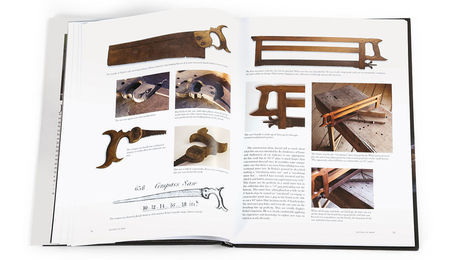 |
Book Review: Hands Employed Aright |
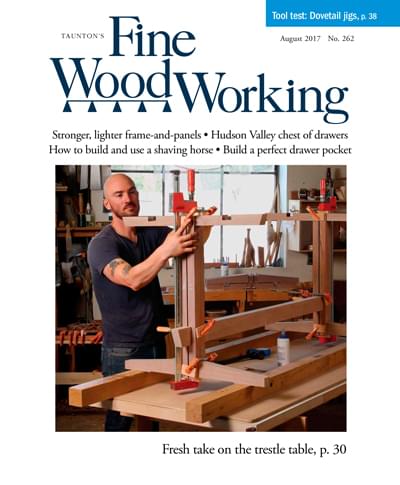


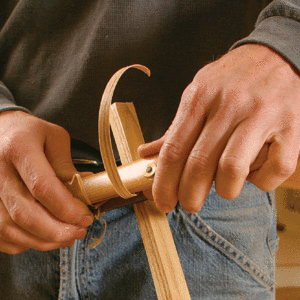


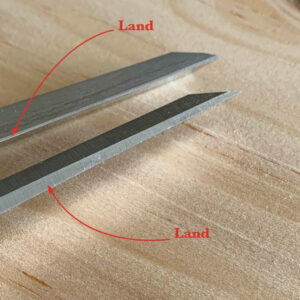









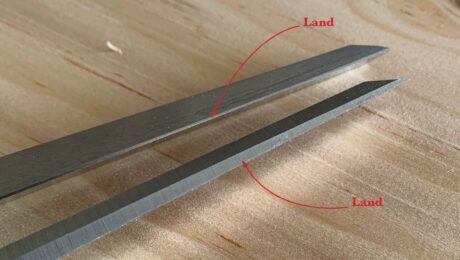
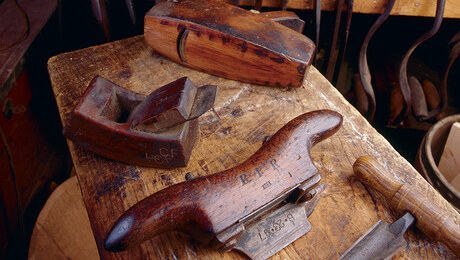
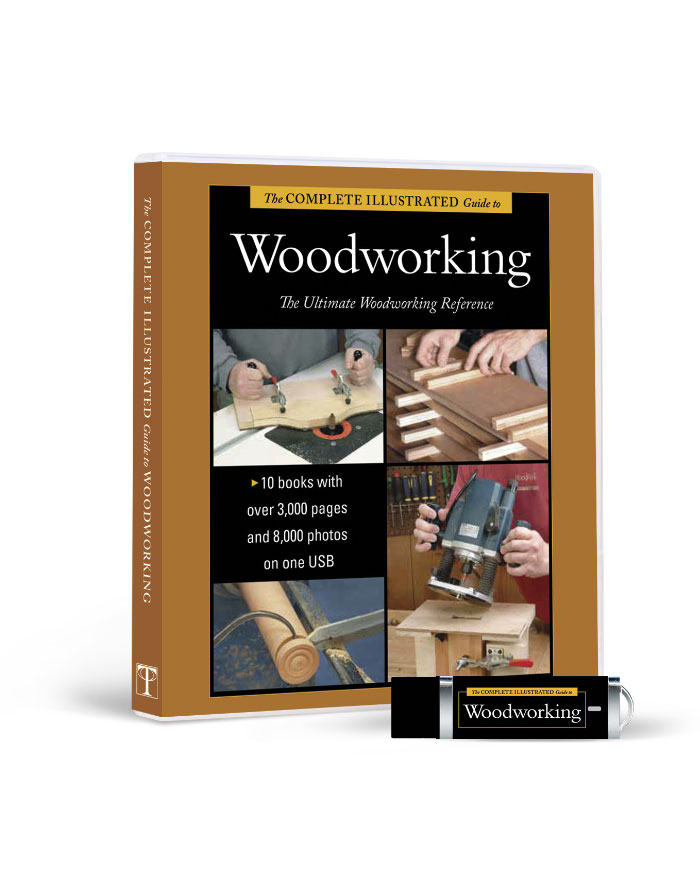

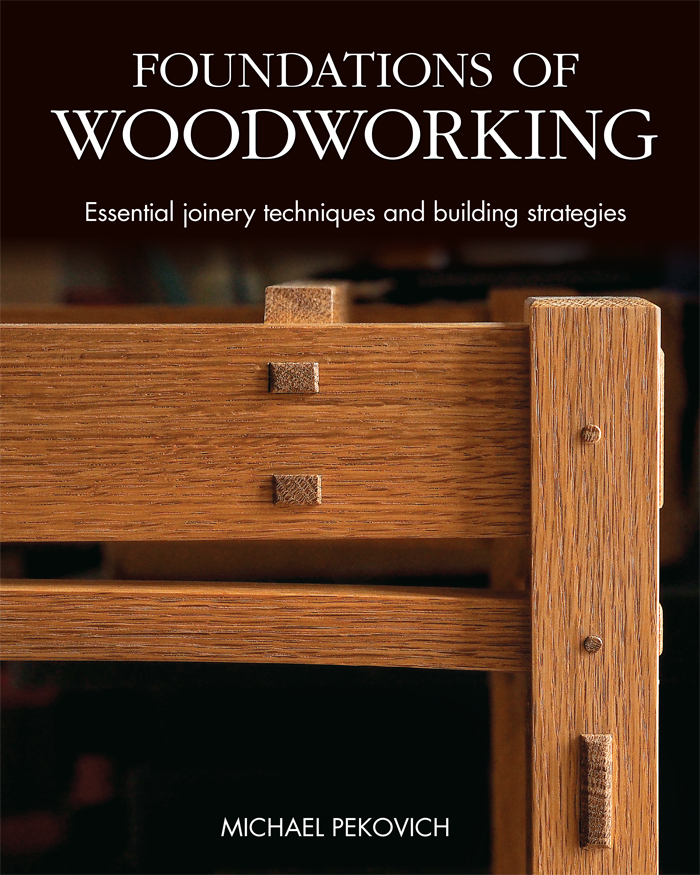






Comments
I agree with you Josh. Hand tools rock, and allow a freedom that can't be equaled with power tools. And the lack of a jointer, thickness planer, and other power tools has never held me back.
Log in or create an account to post a comment.
Sign up Log in